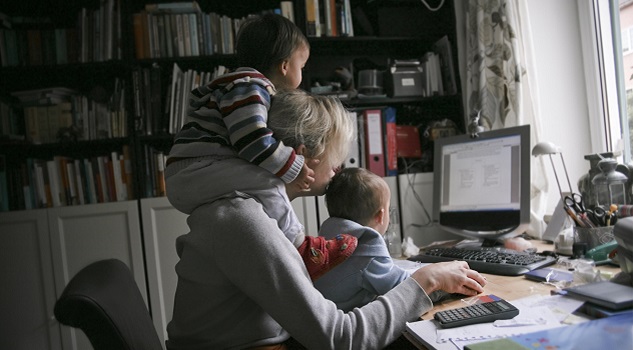New data reveals the rising number of Australian SMEs that are keen to be recognised as a family-friendly employer, and that are outpacing larger enterprises in this respect.
According to the study by Parents At Work, a social impact business advisory group supporting employers to embed inclusive practices and UNICEF Australia, the number of employers with 500 employees or less applying to be independently benchmarked is 55 per cent.
The report also notes that in the last 12 months, the number of qualifying SMEs that have been certified represent 38 per cent of all certified employers. But when benchmarked almost two-thirds of all employers fell short of the minimum National Work + Family Standards.
The National Work + Family Standards was launched in May 2021 to provide employers with a benchmark of guidelines that support their workplace to be family-inclusive.
Parents At Work CEO Emma Walsh said the results of the benchmarking indicate that some businesses should catch up on embedding practices that support greater work-life wellbeing and gender equality in the post-pandemic environment.
“SMEs have a lot on their plate, but it’s really encouraging to see there’s a growing interest in learning and adopting better family-inclusive workplace practices for the benefit of their employees, knowing it will ultimately be good for business as well,” Walsh said. “The benchmarking communicates to organisations that fall short of minimum expectations where there’s work to do to come up to speed and reap the benefits.
“As we mark National Families Week 2023 with the theme of Living Real Dreaming Big, Australians’ work and family life demands have never been more interwoven,” Walsh added. “People want to work for employers who understand and support them to thrive at work and at home. The work-life juggle is a universal challenge for all employees, whether they work in an SME or a large organisation. No matter what their size or industry, it’s important for companies to create workplaces that are culturally fit for an employee to manage work with home life and caring commitments if they want to attract, retain and see productivity and wellbeing benefits for their people and their families.”
Australian SMEs employ 41 per cent of the population and with 75 per cent of the Australian workforce identifying as a parent or carer, and the study notes that the recent growth of interest in certification by SMEs reflects a growing awareness of the positive benefits of providing flexible and family-friendly workplace culture in the context of persistent workforce pressures and changing employee expectations.
UNICEF Australia’s Chief Advocate for Children, Nicole Breeze, pointed out that many Australian employees are juggling complex caring responsibilities alongside their responsibilities at work.
“We know from prior research that without adequate attention by employers on creating the conditions to best enable people to balance these tensions it’s taking a negative toll on both health and productivity,” Breeze said. “Some of Australia’s largest companies were the first to step up and be benchmarked against the National Work & Family Standards, and we are encouraged to see a growing appetite among SMEs to boost wellbeing and productivity in the workforce. There are clear social, economic and business benefits of inclusive workplaces that acknowledge the family and caring responsibilities of their employees.”
Since its inception, more than 104 private and public sector employers have qualified and agreed to be certified under the National Work + Family Standards as a Family Inclusive Workplace.











